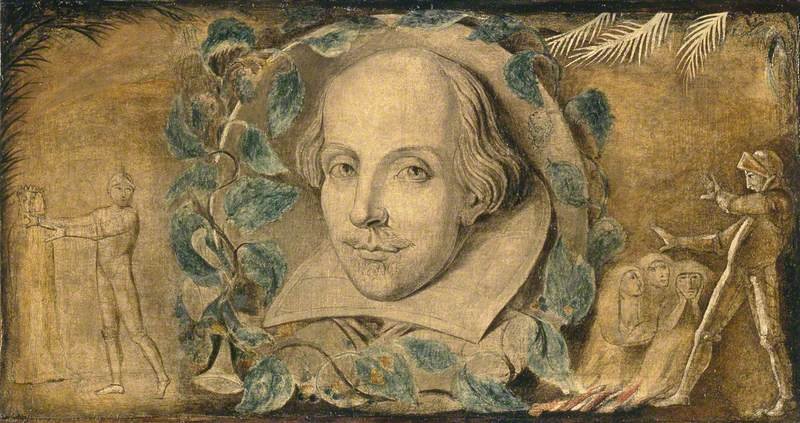Ahmed Mujtaba
Why is William Shakespeare still Relevant to the Modern Age?
Literature is a form of art that employs language to create connotation, magnificence, and sentiment. Literature can enrich our lives by expanding our imagination, enhancing our empathy, and expressing our sensations. Literature can also help us better understand ourselves and the world by exploring different perspectives, cultures, and values.
Shakespeare is widely regarded as the greatest writer in the English language and one of the most influential figures in world literature. His plays and poems have been translated, adapted, and performed in many languages and cultures, and they continue to inspire and challenge readers and audiences today.
pl, subscribe the website of republicpolicy.com
Shakespeare was born in Stratford-upon-Avon, England, in 1564. He married Anne Hathaway when he was 18, and they had three children: Susanna, Hamnet, and Judith. He moved to London sometime between 1585 and 1592, where he began his career as an actor, writer, and part-owner of a theatre company called the Lord Chamberlain’s Men, later known as the King’s Men. He wrote about 37 plays, 154 sonnets, and several other poems before he retired to Stratford around 1613. He died on April 23, 1616, at the age of 52.
Shakespeare’s literary works cover various genres, styles, themes, and characters. He wrote comedies, tragedies, histories, romances, and problem plays. He explored universal human experiences such as love, jealousy, ambition, revenge, guilt, betrayal, loyalty, friendship, and death. He created memorable characters such as Hamlet, Macbeth, Lear, Othello, Romeo, Juliet, Falstaff, Rosalind, Viola, Prospero, and many more. He used various literary devices such as soliloquies, metaphors, similes, imagery, symbolism, irony, foreshadowing, and wordplay. He also invented new words and phrases that enriched the English language.
Shakespeare’s literary works have been the subject of much criticism and analysis over the centuries. Some critics praised his genius and originality; others criticized him for his flaws and errors.
Some of the topics that critics have discussed include:
- The contrast between appearance and reality: how characters deceive themselves or others by hiding their true motives or identities.
- The change or transformation of characters: how characters develop or deteriorate over time due to their choices or circumstances.
- The order and disorder of society: how characters maintain or disrupt the balance of social, political, or natural forces.
- The conflict between characters: how characters struggle with each other or with themselves over different interests or values.
- The prodigal son motif: how characters who fail to meet expectations or who commit sins return to seek forgiveness or redemption.
- The star-crossed lover’s motif: how characters who fall in love are destined to be separated by fate or external forces.
In conclusion, Shakespeare’s literary works are still relevant to the modern world because they reflect the timeless aspects of human nature and behaviour. They also offer insights into the historical and cultural contexts of his time. They can be interpreted in different ways depending on the perspective of the reader or the audience. They can also be adapted to suit different media or settings without losing their essence.
Shakespeare’s works have influenced many other writers and artists, as well as the development of the English language. Shakespeare’s works have been translated into more than 100 languages and performed worldwide. Shakespeare’s works are considered universal because they deal with timeless human issues such as love, power, justice, revenge, identity, and mortality.
Some sources that inspired Shakespeare were classical mythology, ancient history, medieval legends, contemporary events, and other writers. For example, he borrowed the plot of Hamlet from a Danish tale, the story of Romeo and Juliet from an Italian poem, and the idea of a ghostly father from Seneca’s tragedies. He also drew inspiration from nature, life experiences, and imagination.
Pl, subscribe the YouTube channel of republicpolicy.com
Lastly, literature provides aesthetical pleasure to the audience. It is a divine work. Therefore, literature and its preservation are essential for the coming generations. And the best way to preserve classical literature is to read and write about them. Even if one disagrees with the theme of the literature, one must enjoy the aesthetical pleasure of the universality of William Shakespeare.















